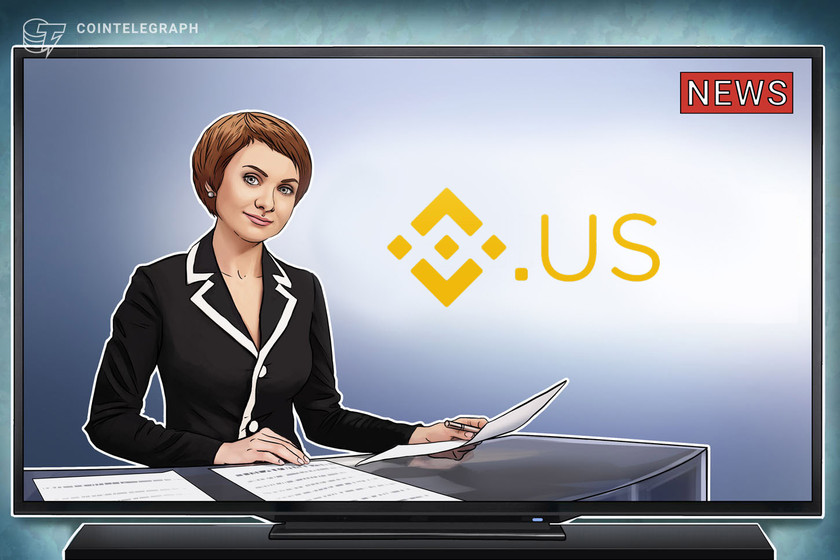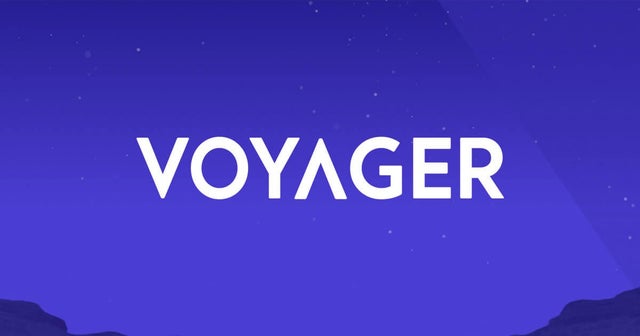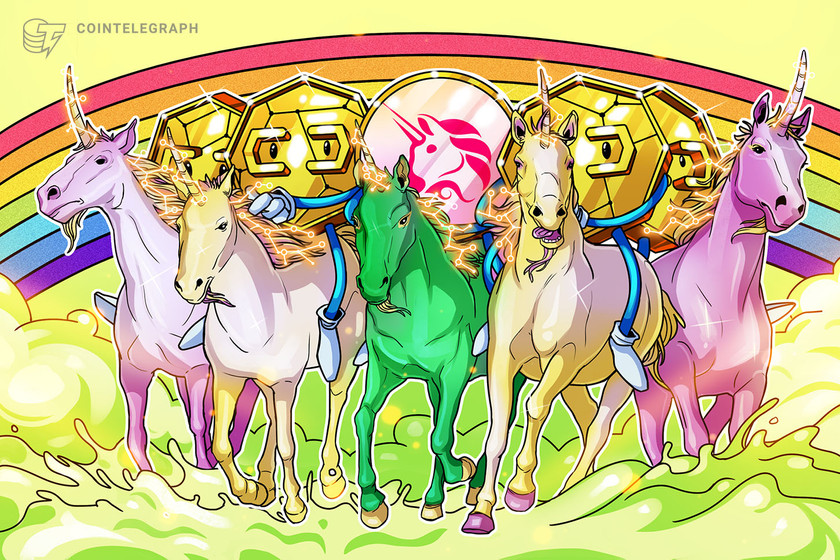Top Decentralized Stablecoin Alternatives to USTC (Formerly UST)
The recent cataclysmic crash of the Terra Classic (LUNC; formerly LUNA) left several people bankrupt. South Korean officials reported 8 confirmed suicides due to this blow. Stablecoins emerged as a way for cryptocurrency investors to park their funds to escape from volatility. USTC (formerly UST) was among the largest stablecoins by market cap and the single largest stablecoin on the Cosmos blockchain. This is not the first time an algorithmic stablecoin fell below the point of recovery. So much so that the head of the IMF even suggested that stablecoins that are not backed by physical assets are similar to pyramid schemes. However, a crash as biblical as that of UST was a first for a stablecoin. While history seemed to have indicated this to be an obvious outcome, the utility of UST and the communities around LUNC-UST indicated otherwise. The Death Spiral – Here’s What Went Wrong Stablecoins are digital assets whose value is pegged to a fiat currency or other asset. USTC is one such stablecoin, pegged to the US dollar by not backed by it. LUNC maintained USTC’s price algorithmically, using a mint and burn mechanism. When USTC’s demand-to-supply ratio was high, more LUNC was burnt. Contrariwise, more LUNC was minted when USTC’s supply-to-demand ratio was high. This created an arbitrage opportunity for traders which helped maintain USTC’s price at approximately $1. However, when the selling pressure became too high for the algorithm to keep up, LUNC began to hyperinflate. It thus sent the entire ecosystem into a death spiral, eventually leading to a point of no recovery. Today, USTC costs less than $0.01 while LUNC is over 99% down from its all-time high. Decentralized Alternatives – The Way Forward The failure of algorithmic stablecoins doesn’t mean the end of all possibilities. Instead, they provide us with crucial lessons. One of them is avoiding centralization at all costs. So, here’s a list of non-algorithmic, decentralized stablecoins for you to consider while entering the world of crypto. 1. USDr USDr is a collateralized, fiat-backed stable token receipt by METL, a first decentralized crypto on-ramp solution native to the Avalanche blockchain. Since METL’s USDr stable token receipt is collateralized with a 1:1 ratio using USD, it will not be affected by unexpected selling pressures like in the case of LUNC and other algorithmic stablecoins. The USDr token’s issuance mechanism is designed to have users be the actual issuers of the token, so that they interact with the DeFI ecosystem. This allowed METL to bypass any MTL (Money Transmitter Licensing) requirements and receive exemptions in all the states in the US except NY. METL does not host any wallets and therefore does not take user’s funds on their balance sheet, which again protects them from a bank run. METL is currently building an SDK to let any developer build a FIAT gateway using METL microservices and plug/play it into any DeFI platform that wants native gateway. METL holds a 20 year patent for this technology issued by the USPTO office. 2. DAI DAI, a decentralized stablecoin, is a product of MakerDAO, an Ethereum-based peer-to-peer organization facilitating collateralized loans. Unlike USDC and USDT, DAI is an over-collateralized, crypto-backed stablecoin. This means that the collateral backing this stablecoin is other cryptocurrencies. Moreover, its “over collateralized” nature implies that the value of the collateral backing DAI is greater than DAI’s value. For instance, $1.5 worth of ETH-based (ERC-20) tokens back $1 worth of DAI. Instead of any centralized, corruptible entity, immutable and tamper-proof smart contracts maintain DAI’s peg to $1 by increasing or decreasing the amount of collateral based on market dynamics. 3. EOSDT EOSDT is an over-collateralized, decentralized crypto-backed stablecoin by Equilibrium, a cross-chain money market project in the Polkadot ecosystem. Users can borrow EOSDT by collateralizing their digital assets in a smart contract with a small interest rate of 1% APR. The stablecoin also has an insurance mechanism called the “Stability Fund” to shield EOSDT and its holders from extreme market volatility. Further, the price of EOSDT is maintained at $1 by incentivizing arbitrators. This is similar to USTC’s mechanism. However, unlike USTC, EOSDT is not algorithmic and currently has a collateralization ratio of 281%. 4. sUSD sUSD is a crypto-backed, overcollateralized stablecoin by Synthetix, an ETH-based protocol that facilitates DeFi derivatives trading. sUSD acts as the bridge to trade these on-chain synthetic assets on the Ethereum network. All synthetic assets on Synthetix are referred to as “Synths” and are denoted by an “s” at the prefix. sBTC, sETH, and sSOL are some examples. Similarly, sUSD is a synthetic stablecoin asset. 5. RSV RSV is a collateralized stablecoin. However, unlike other tokens mentioned here, RSV employs a hybrid collateralization method. Thus, a combination of fiat and cryptocurrencies back this stablecoin. RSV is a product of Reserve, a protocol working to offer citizens of countries with high inflation rates a robust inflationary hedge. The Reserve Dollar (RSV) is the stablecoin that facilitates this. Caution is Wisdom It’s abundantly clear that you have several alternatives to stablecoins like UST. They are more robust, more reliable, and above all, more decentralized. But despite everything, one can’t stress the importance of due diligence enough in these matters. You must do your research, thoroughly, before investing in any stablecoin whatsoever. Look closely at the project’s team, their track record, and most importantly, the protocol’s architecture. It’s difficult at times but utterly necessary. Particularly because the crypto domain is still nascent, with much volatility and uncertainty. New changes are happening every day and you must always be cautious about negative consequences. The storm will, however, be over soon, when the future of finance will shine bright. Stablecoins will define this future, and so can you. Image by succo from Pixabay




